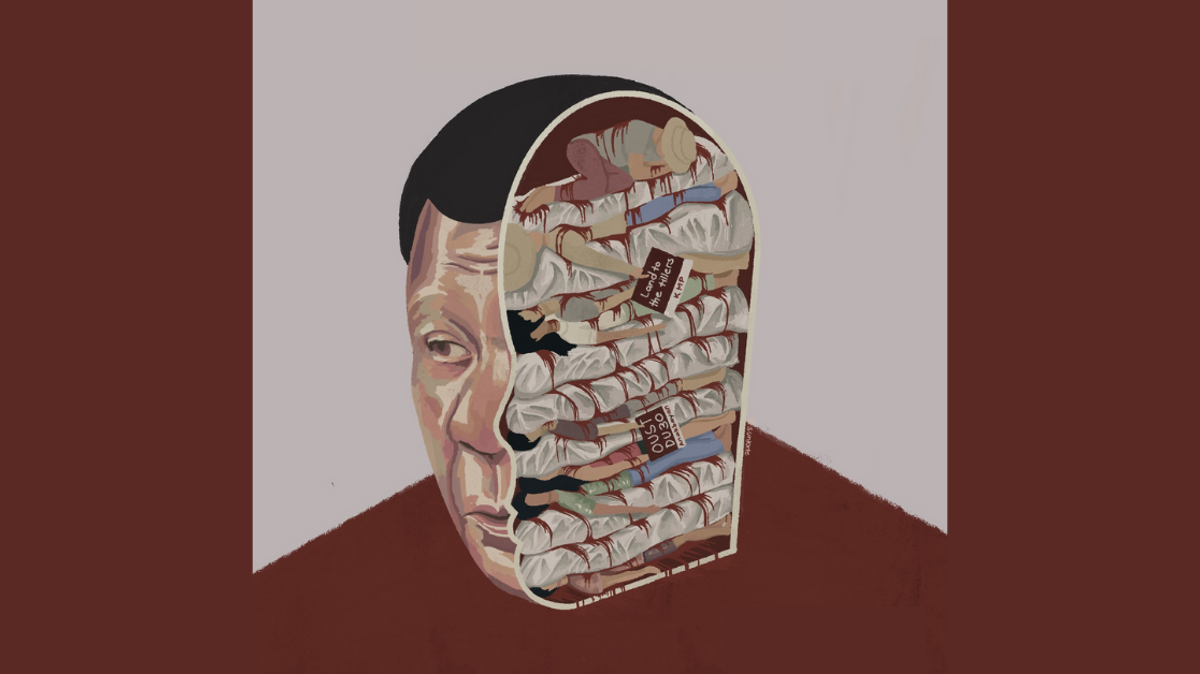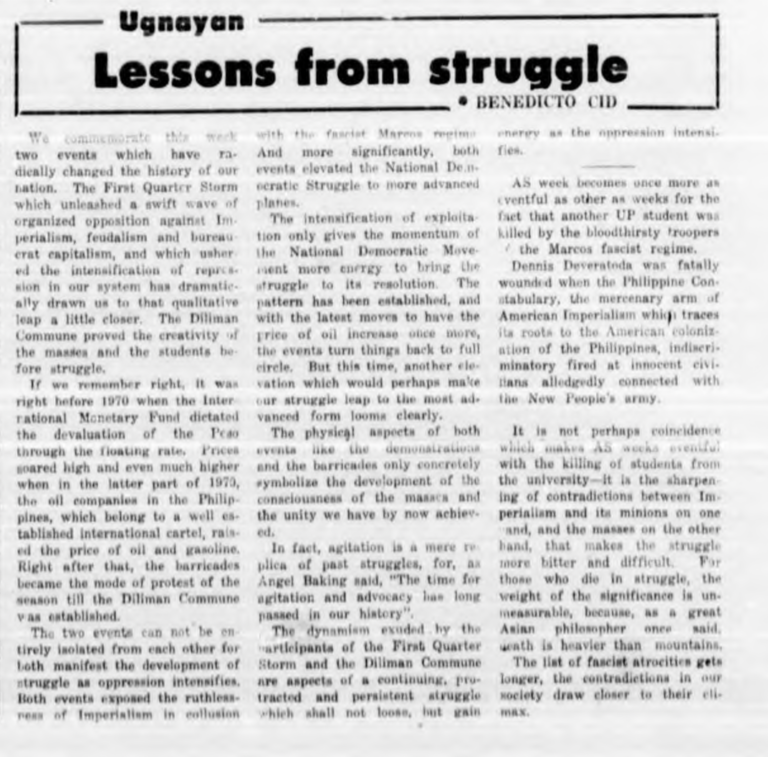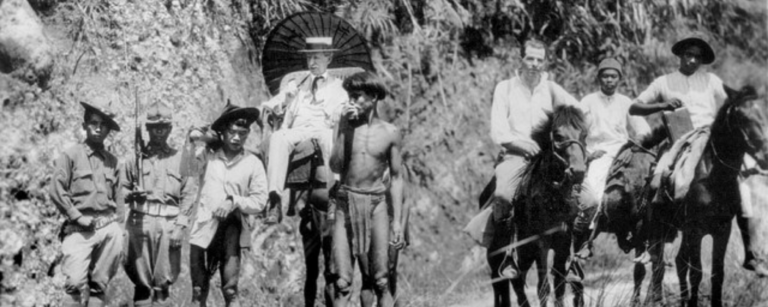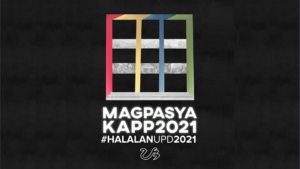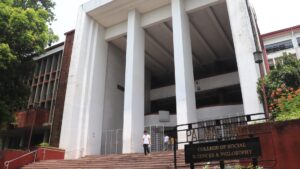
In the first year of his term alone, there have been 68 documented killings of farmers.
The fields of Negros Island, in particular, have been mercilessly marred with blood— a fraction spilled by the nine farmers gunned down by 40 armed men at Hacienda Nene in Sagay City, Negros Occidental back in 2018.
A year later and roughly 70 miles away, 14 farmers were brutally slain at the hands of the Philippine military and police in Negros Oriental.
As I write this, a total of 277 farmers and advocates have been unjustly killed during Duterte’s reign.

It has become common practice to lead the reportage of the Duterte administration with numbers. The horrors of the Duterte regime are articulated by statistics. And while numbers can be reflexively desensitizing, we must never forget that to speak of these statistics is to speak of needless, senseless deaths.
Such a technique is one we picked up at the start of Duterte’s presidential term. Indeed, it appears to be a homage to how the war on drugs was—and continues to be—covered. Sadly, the resemblance does not stop there.
These extrajudicial peasant killings are not isolated cases; they are systematically organized and executed in the name of counter-insurgency. The strategy employed is evocative of the drug war tactics, wherein dubious narratives have been used to justify police and military atrocities while simultaneously discrediting the victims through unfounded accusations. Some state elements have taken this a step further by making arrests based on false charges.
To be a peasant in the Philippines is to be condemned to a life of persecution and marginalization. Those who were not killed are instead sentenced to hunger.
It is a tale of irony, plucked from the pool of similar stories that compose the country’s narrative.
The Philippines is rich, but the Filipinos are poor.
We have an agricultural country, yet we import our rice.
Farmers labor to grow our food but are forced to starve.
Under Duterte’s rule, the most vulnerable are given the least priority. While the government claims that they have not forgotten farmers and fisherfolk in their amelioration programs, the target beneficiaries of the Rice Farmers Financial Assistance (RFFA) and Financial Subsidy to Rice Farmers (FSRF) were limited to only 1.2 million, a far cry from the 9.7 million farmers and fisherfolk whose livelihoods were disrupted.
The 2021 budget alone makes it apparent that state fascism is given precedence over food security. Funds for agriculture have suffered a major cut, massively reduced to 99.6B. Meanwhile, 19.1B was allocated to the National Task Force to End Local Communist Armed Conflict (NTF-ELCAC), coupled with police and military budget increases. Even with the worsening health crisis and food insecurity, the government shows no sign of halting their militarist priorities.
But what can we really expect from a government that is stranger to hunger? One who need not sweat to survive? It is telling how the Duterte administration has no trouble staining their hands with blood but would not be able to stomach the accumulation of soil under their fingernails.
There is no future for farmers—and indeed, the entire country—as long as our economy remains import-dependent and export-oriented. The Rice Liberalization Law further cripples them as they are forced to compete with state-supported foreign farmers.
These attacks on farmers are deliberate, as the traitor-in-chief and his cronies profit out of the country’s hunger. Their interest is ensuring the continuous compliance to imperialist demands and dictates of the world market, local stomachs be damned.
As the country approaches the height of irony, the anger of the masses has similarly reached its boiling point.
The life of a farmer tells a tale of irony, but it also recounts a tale of resistance.
Farmers have long persisted even as they are impaired by landlessness and dismal working conditions. They valiantly fight to own the land that is rightfully theirs. Even with death threats hanging over their heads, the peasantry’s call for genuine agrarian reform has never wavered.
Theirs is not a defeatist but a decades-long defiant tale.
This World Food Day, we are enjoined not only to honor the Filipino peasantry but to stand with them. To stand with farmers is to stand against this fascist regime, and to oust the peasant killer who rests his feet on the bended backs of the toiling farmers.
Duterte has planted the seeds of terror. Now he will reap an unyielding resistance.
Artwork by Kate Gotis.
*This article was originally published last October 16, 2020.

